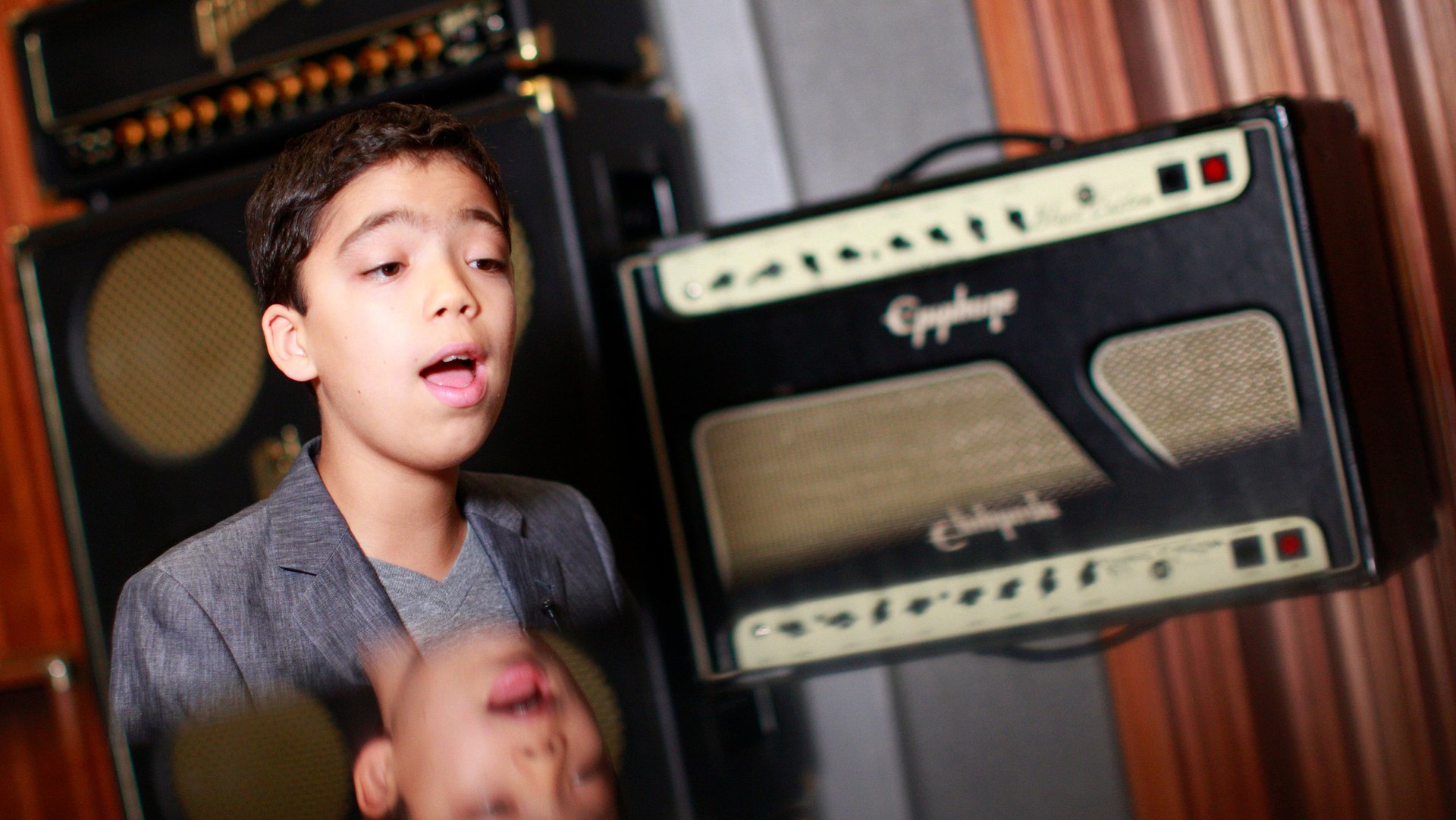Music artists are still making more money from vinyl than YouTube
Musicians hate free music. Big names like Taylor Swift rail against Spotify’s ad-supported tier for not paying artists enough, and the industry’s also getting increasingly angsty about other video-streaming services like YouTube.


Musicians hate free music. Big names like Taylor Swift rail against Spotify’s ad-supported tier for not paying artists enough, and the industry’s also getting increasingly angsty about other video-streaming services like YouTube.
The British Phonographic Industry, the trade group representing the UK music industry, has a report out today (May 20) that shows how extreme the payout gap is. According to the BPI’s new market review, British artists—a fairly successful bunch that includes people like Adele, the biggest-selling artist in the world—made only 17% of their money from YouTube and its competitors last year.
What’s more, the number of video streams grew 88% from 2014 to 2015, yet revenue from those streams increased only 0.4%.
The £24.4 million made from musicians’ video streams, out of their total revenues of £146.1 million ($206 million) in 2015, is less than artists got from even physical vinyl sales. The discrepancy gets weirder when you consider that there were 26.9 billion video streams in 2015 and only 2.1 million vinyl LPs sold last year.
All of this is despite the fact that British artists are increasing their market share both at home and abroad.
Obviously, booming popularity and meager increases in revenue don’t add up. “The fact that sales revenues dipped in a record year for British music shows clearly that something is fundamentally broken in the music market,” BPI chief executive Geoff Taylor told the Guardian. So who’s responsible? Taylor places the blame on ”dominant tech platforms like YouTube,” which he says are “dictating terms so they can grab the value from music for themselves, at the expense of artists.”
He joins a slew of artists, label executives, and music managers around the world frowning upon YouTube’s business model, as well as its piracy problem and stingy licensing deals. YouTube, for its part, recently promised that it at least takes copyright management “extremely seriously,” but as the American entertainment mogul Irving Azoff wrote in an op-ed last week: “The music community is traditionally a very fractured one, but on this we are united.”